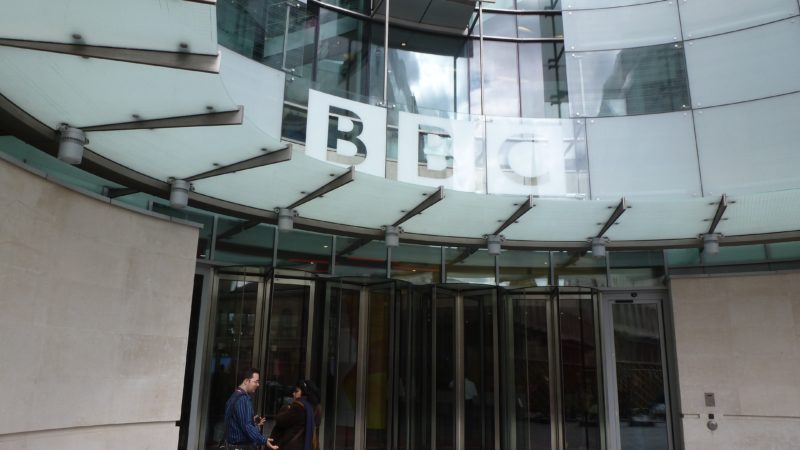
Lucy Powell has described reports the government could scrap the licence fee as a “pathetic distraction” from the numerous allegations of Covid rule-breaking parties held in Downing Street and warned that it is “the end of the BBC as we know it”.
In a Times Radio interview today, following comments from Tory minister Nadine Dorries over the weekend that the next announcement on the BBC licence fee “will be the last“, the Shadow Culture Secretary condemned the policy.
“Let’s not get away from the fact that this so-called announcement, which was on Twitter yesterday, which is effectively the end of the BBC as we know it – a huge policy announcement – is nothing more than a really obvious, pathetic distraction from a Prime Minister and a government who has run out of road and whose leadership is hanging by a thread,” Powell told listeners.
She also used an appearance on BBC Radio 4’s Today programme to describe the move as an “obvious dead cat strategy” to “distract from the totally disastrous leadership context that the Prime Minister is facing at the moment”.
The Shadow Culture Secretary said this morning that while the licence fee is not a perfect mechanism, adding that “you would not necessarily start with it if we didn’t have it now”, it is an affordable way of funding quality broadcasting.
The annual fee is set by the government, which announced in 2016 that it would rise in line with inflation for five years from April 2017. But the Secretary of State said on Sunday that “the days of the elderly being threatened with prison sentences and bailiffs knocking on doors” were over.
The licence fee is guaranteed until at least 2027 by the BBC’s royal charter, which sets out the broadcaster’s funding and purpose. Ministers are expected to announce this week, however, that the fee will be frozen for two years.
Money raised from the fee pays for BBC shows and services including TV, radio, the BBC website, podcasts, iPlayer and apps. Lengthy negotiations have already taken place between BBC executives and ministers over a funding settlement.
Dorries told the Tory Party conference last year that the BBC needed “real change” in order to represent the entire UK and accused it of “groupthink”. The Culture Secretary tweeted this weekend: “Time now to discuss and debate new ways of funding, supporting and selling great British content.”
Her intervention came amid the turmoil caused by allegations of Covid rule-breaking parties being held in Downing Street over the course of pandemic. According to The Times, the licence fee freeze is one of a number of announcements expected this week in an effort, dubbed ‘operation red meat’, to placate backbenchers.
Other policies to be unveiled by ministers in coming days include a renewed drive to stop refugees crossing the Channel in small boats, tackling the NHS operations backlog, investment in skills and the lifting of Covid restrictions.
“The BBC does a good job of holding us all to account, and they ask us questions that are really tough… and quite right too,” Keir Starmer told LBC listeners today.
“This is saying to the BBC ‘we don’t like your coverage of us and we’re going to threaten you financially as a result’. This is a very bad step in a democracy. Face the music, the government’s got answers, go out and give those answers to the BBC.”




More from LabourList
‘I spent years telling workers the law couldn’t help them – that has changed’
Josh Simons resigns as Cabinet Office minister amid investigation
‘After years of cuts, Labour’s local government settlement begins to put things right’